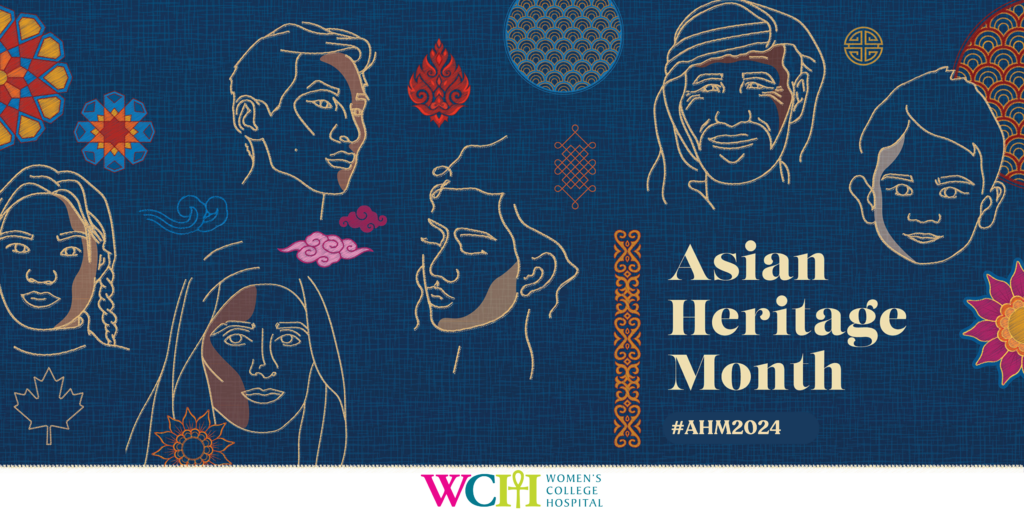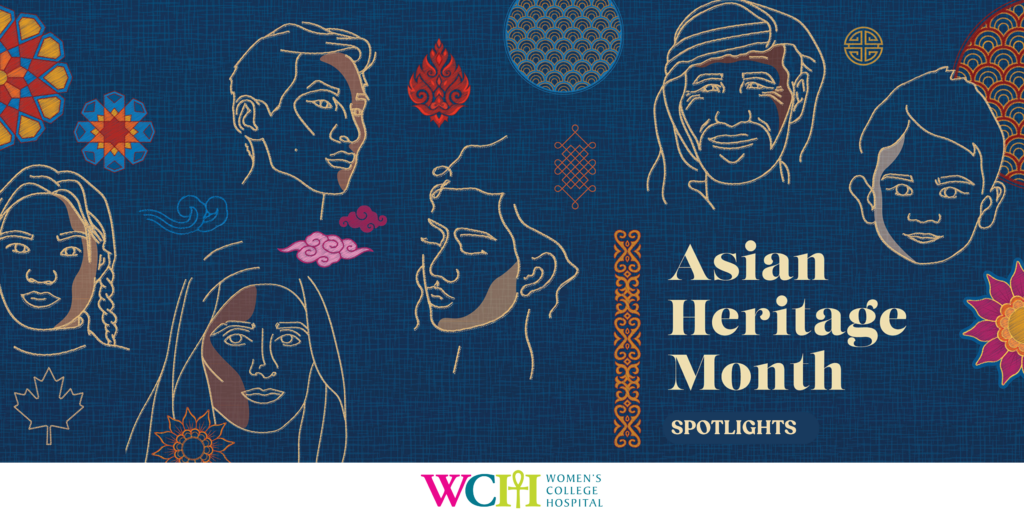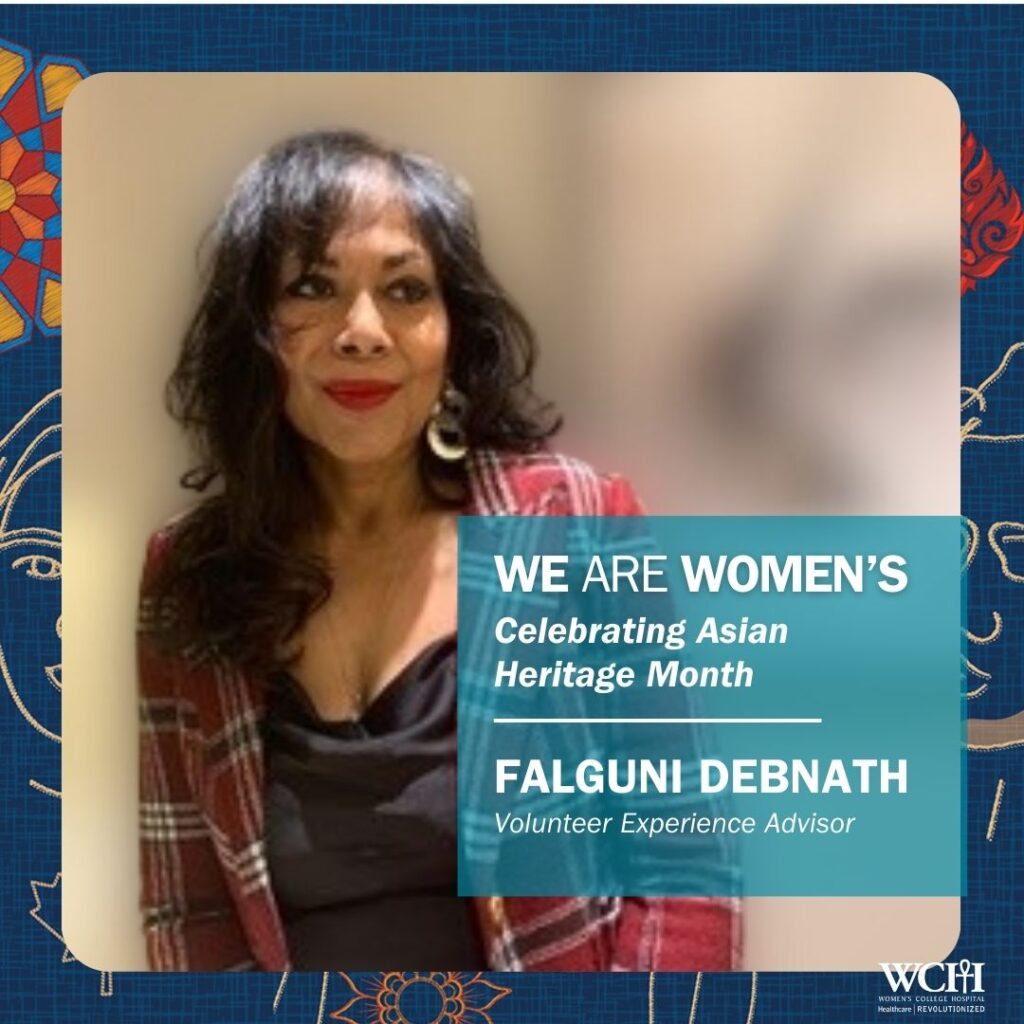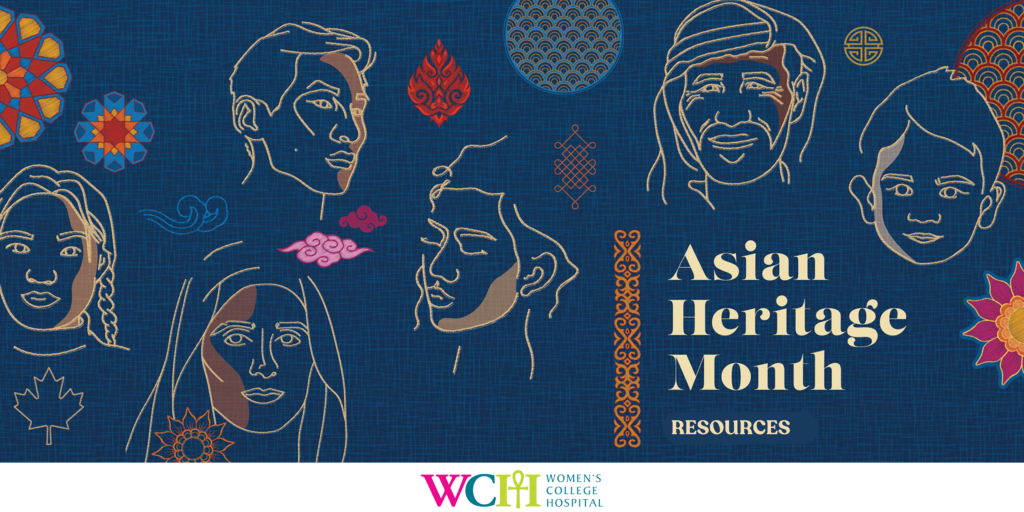
May is Asian Heritage Month in Canada, a time to recognize and celebrate the many contributions that Asian Canadians have made and continue to make. While it’s a time to celebrate Asian culture, it’s also a time to reflect the hardships and perseverance of the Asian community in Canada and around the world.
Though Asian Heritage Month has been celebrated since the 1990s, the Canadian Senate adopted a motion proposed by Senator Vivienne Poy to officially designate May as Asian Heritage Month in Canada In December 2001. In May 2002, the Government of Canada signed an official declaration to announce May as Asian Heritage Month.
What is Anti-Asian racism?
In Canada, anti-Asian racism refers to historical and ongoing discrimination, negative stereotyping, and injustice experienced by peoples of Asian origin, based on others’ assumptions about their ethnicity and nationality. Peoples of Asian origin are subjected to specific overt and subtle racist tropes and stereotypes at individual and systemic levels, which lead to their ongoing social, economic, political and cultural marginalization, disadvantage and unequal treatment.
The term Asian encompasses such a wide range of identities that the very term Asian can become obscure. While all may experience being “otherized,” specific experiences of anti-Asian racism vary.
How we can fight anti-Asian racism
Here are some ways we can all contribute to tackling anti-Asian racism and building an even better and more inclusive society:
- Educate yourself about the vast diversity within the pan-Asian community and the distinct identities and cultures that have enriched Canadian society.
- Challenge stereotypes and recognize their origins in the historical context of anti-Asian racism.
- Demonstrate solidarity with Asian communities in Canada by buying from local Asian businesses and supporting relevant organizations.
- Be an ally denouncing instances of racism, discrimination, and microaggressions, and actively advocating for those affected by anti-Asian bias.
- Address unconscious biases and reflect on how they may influence actions and decision-making processes.
Resources for this hub have been pulled from the Government of Canada’s Asian Heritage Month landing page as well as its digital toolkit.

This month, we’re celebrating Asian Heritage Month by highlighting our Asian Canadian team members!

Meet Falguni
Falguni Debnath is a volunteer Experience Advisor who has been working with WCH for 2 years. A lawyer by trade, Falguni reminisces about the beautiful Bengali landscape and culture from which she used to call home, and her experiences transitioning to becoming a Canadian. Read more about her feelings about Falguni’s Asian heritage, her experience working within Canada’s legal system and why she loves working with WCH.

To continue your learning and celebration of Asian Heritage Month throughout the month of May and beyond, we’ve compiled a list of helpful resources below:
- Anti-Racism Toolkit (PDF format) – Canadian Federation of Students
- This is what anti-Asian racism looks like in Canada
- Anti-Asian Racism Resources – Human Resources Student Association, Ryerson University
- Fight anti-Asian racism – Cultivating Growth and Solidarity, A Mental Health Hub for Asian Communities in Canada
- Chinese Canadian National Council for Social Justice – Fight Racism in Canada! – Video Series
- Anti-Racism Toolkit (PDF format) – Canadian Federation of Students
- Faces of Racism
- Anti-Asian racism: Preparing for a changing workforce
Celebrate Asian Heritage Month with these online and print recourses curated by Toronto Public Library:

Download a full book list here
More Resources (Films)
- Old Stone (China)
- Funeral Parade with Roses (Japan)
- Bollywood Beats (India)
- Sweet Bean (Japan)
- Shanghai Triad (China)
- The Tag Along (Taiwan)
- What Will People Say (Pakistan)
- Remittance (Philippines)
- The Handmaiden (Korea)
- Pop Aye (Thailand)
- Ploy (Thailand)
- The Third Wife (Vietnam)
- Daughter of the Nile (Taiwan)
- Dukhtar (Pakistan)